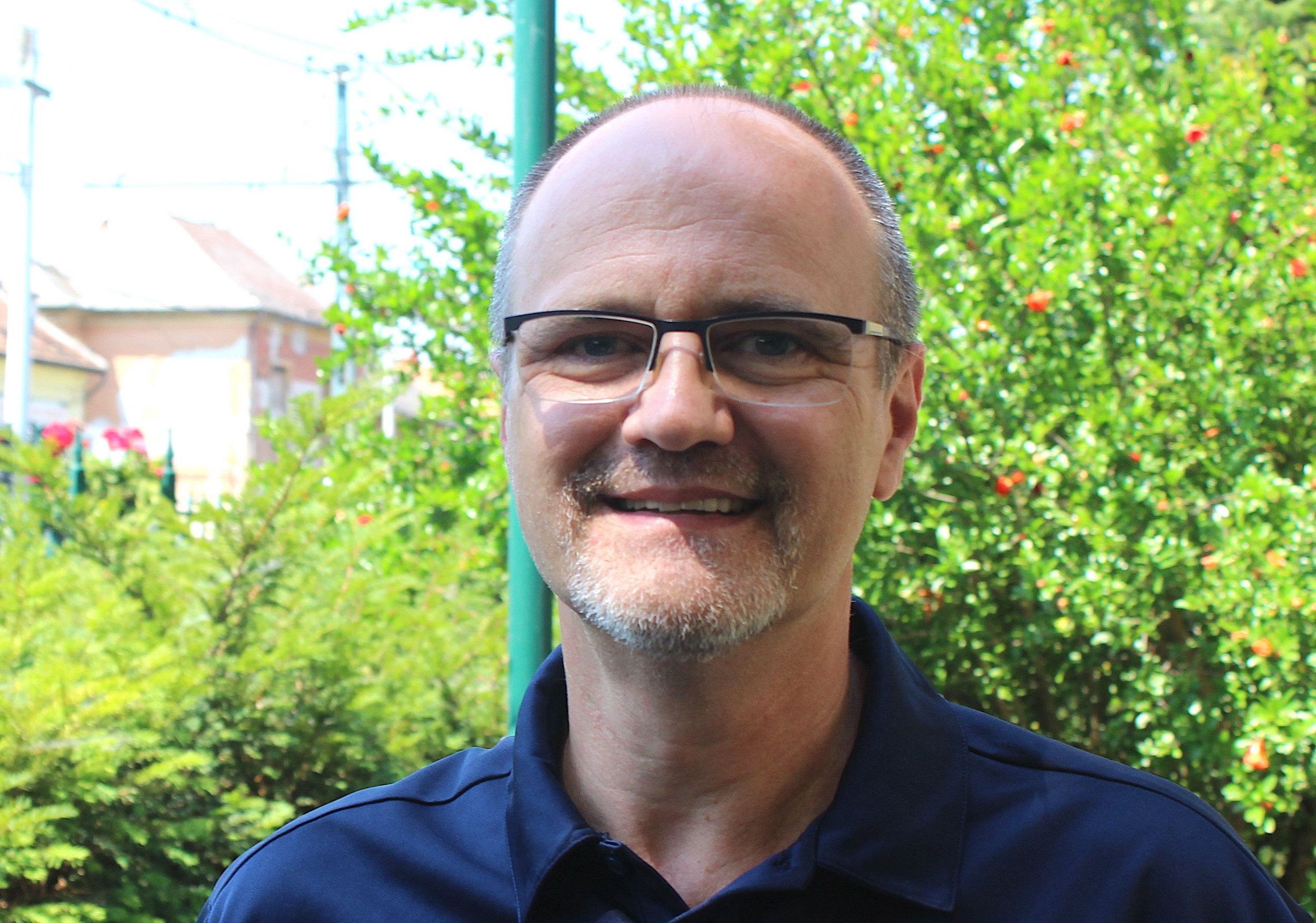Series on Hungary (3): How schools discuss sexuality
The streets in Budapest were full of colour on that “rainbow Saturday”. This year the gay pride parade was mainly a statement against a new law. But what impact does that have in practice?

Rainbow flags, colourful umbrellas and banners with texts and coloured hearts. On Saturday, thousands of people marched in a gay pride parade in the Hungarian capital of Budapest. One of the people participating in the parade is Luca Dudits. She works as a communications officer at Háttér Society, the largest and oldest organisation in the country that works for the rights of the LGBT community.
This year’s colourful parade is partly dominated by the community’s pain, as it feels increasingly pushed into a corner by the recently passed law. There is pain, however, and a fighting spirit, a sense of solidarity, and support.
Hungary has changed
Dudits felt this “wave of support” long before that Saturday. The cause for this support was a new Hungarian law, also referred to as an “anti-gay law”. The Hungarian government presented this law at the end of June. It prohibits the promotion of sexuality, gender reassignment and homosexuality to children under the age of 18. The introduction of this law caused that “many people are now really done with the situation. At first, they didn’t want to get involved in the issue, but now you see more and more people taking action.”

In a crowded room full of books, papers and boxes in the Háttér’s office, the communications officer tells how the situation for LGBT people in Hungary has changed in recent years. The new law is not the first LGBT people are confronted with but follows several other laws. Going back to the beginning, Dudits sees how Prime Minister Viktor Orban’s ruling party Fidesz uses various groups as scapegoats.
Gays follow Roma and refugees
“It started with the Roma, then the migrants and the refugees. Then they criminalised homelessness. After that, the whole anti-Brussels campaign followed. All this led to a certain idea that we are at war. That there is an enemy, we must fight. That we must defend Christian values.”
The government’s anti-Brussels campaign cannot be missed by anyone walking, cycling or driving through Budapest. Bright blue campaign posters with angry-looking, gagged smileys hang all over the city. In addition to the yellow or red smileys, the viewer is asked questions: “Does Brussels make you angry?” or “Do you worry about your child because of the sexual propaganda?”
From 2019 onward, the government increasingly attacks the LGBT community, says Dudits. Before that, the government was also “homophobic and transphobic”, but about two years ago, the government realised that we had not seen anyone who looks like a migrant or a refugee. So, there was no way they could sustain the fear and hatred they sowed for the previous five years.” According to her, a new enemy was needed: the LGBT people.
Bullying gays
The law banning the promotion of sexuality to children is the latest example of new restrictions facing the community. What Dudits is most concerned about is bullying. “Bullying LGBT people is everywhere. More than half of the children in Hungary feel unsafe at school. One in ten LGBT students is physically abused at school. An unbelievably high number.”
The communications officer speaks of a direct link between bullying and abuse at school and the deterioration of school performance and early school leaving. If you’re bullied every day, what are you going to do, Dudits wonders. “You may drop out of school early, but what happens then? You might not get your high school diploma; then, you cannot continue studying. Your chance of attending higher education decreases.”
Can teachers still discuss?
According to Dudits, the solution to these problems is to tackle the underlying causes: homophobia, transphobia and stereotypes that children bring from home. The only question is whether teachers can still discuss these issues in class, given the new law.
Háttér’s employee is happy to hear that not all teachers plan to follow the new law strictly. The largest LGBT organisation in the country is not doing that either: “Our programs and services will continue to be available to LGBT people and their families in the same way as before,” reads a statement on their website.
Pastries
Laszlo Demeter, European director of the Association of Christian Schools International (ACSI) in Budapest, has a good grasp of the implications of the law for education in Hungary. He says that Christian schools are happy with the law on the terrace of a coffee house, known for winning national prizes with the pastries they make. Not just Christian schools, he says, “95 per cent of the population agrees with this law.”

Sex education is not an official part of the national curriculum that all Hungarian schools use, Demeter says. However, that does not mean that the theme of sexuality is avoided in schools. Despite the new law, there are no practical consequences for what teachers and students discuss in the classrooms.
The director has brought a set of documents. He places them on the table in-between the iced coffees with whipped cream. Four A4 pages are about the curriculum called “Raising children for family life”.
All themes are discussed
Demeter explains that the schools do not provide sex education but follow this program. All themes are discussed during these lessons: relationships, communication, norms and values, good and bad choices, sexuality.
Everything can be discussed in the classroom; this also happens in schools, says the European director of ACSI. The law makes it only more difficult for outside organisations to teach about sexuality in schools.
There had been a trend for some time, says Demeter. “Organisations associated with the LGBT community increasingly forced themselves on schools. They come to the schools and bring their own agenda.” For example, he tells about his daughter, who was confronted with discussions about LGBT issues at her school in Budapest. “It was difficult for her as a Christian to hold onto her own beliefs.”
Exposed
Being a father of six, Demeter can understand that parents may fear that their children will be exposed to “all the different forms of marriages and families” too young. He also understands the parents’ worries about the impact that this will have on their child or children. The law must now ensure that parents can determine what they want to pass onto their children.
Schools also ensure room for children with questions about gender dysphoria or homosexuality, says Demeter. “We have a very good system with psychologists. Children should discuss the situation one-on-one than to have to discuss it with thirty other students.”
Series Hungary
This is the final of three features about the new controversial law in Hungary.
This article was published previously in the Dutch Reformatorisch Dagblad on July 27th 2021.